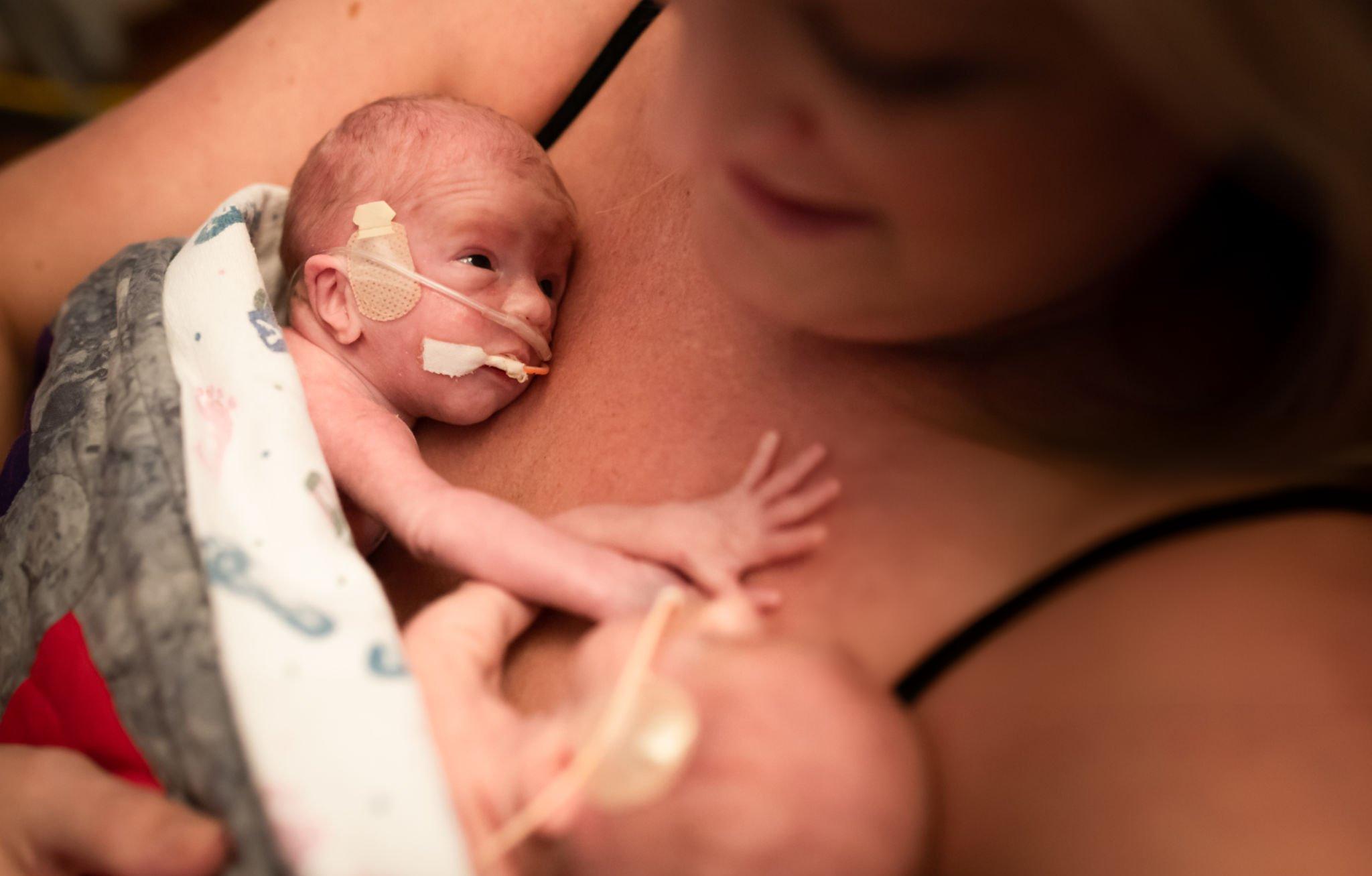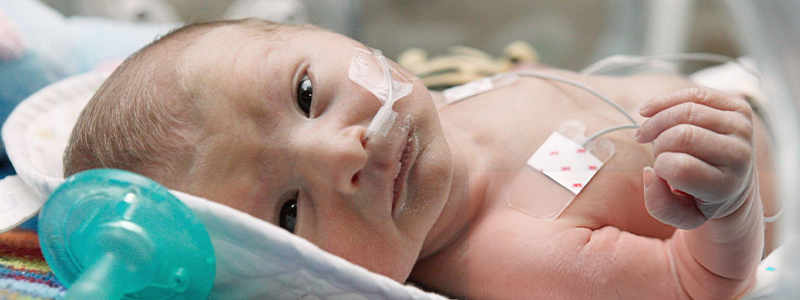Archives

Understanding Prematurity:
Premature birth occurs when a baby is born before completing 37 weeks of gestation. Premature babies, often called preemies, may face unique challenges as their organs and systems are still developing. Understanding the nuances of prematurity is the first step in providing specialized care.
Feeding Your Preemie:
Nutrition is a cornerstone of premature baby care. While breastfeeding is encouraged, preemies may initially lack the stamina to nurse effectively. Pumping breast milk allows moms to provide vital nutrients while closely monitoring intake. Specialized preemie formula may also be recommended, tailored to meet their unique nutritional needs.Creating a Calming Environment:
Premature babies thrive in a calm and quiet environment. Minimize noise and light in the nursery, and consider using a soft, soothing voice when interacting with your little one. Swaddling, gentle rocking, and maintaining a consistent routine can help create a comforting atmosphere.
Kangaroo Care and Bonding:
Skin-to-skin contact, known as kangaroo care, is a powerful bonding technique beneficial for both mom and baby. Holding your preemie against your chest helps regulate their temperature, heart rate, and promotes emotional connection. Bonding, even in the incubator, fosters a sense of security for your little one.Medical Follow-Ups and Milestones:
Premature babies often require additional medical attention and developmental monitoring. Regular check-ups with healthcare professionals, including pediatricians and developmental specialists, help track progress. Celebrate small victories and milestones, acknowledging the unique developmental path of preemies.Emotional Support for Moms:
Caring for a premature baby can be emotionally challenging. It’s essential for moms to prioritize self-care, seek support from friends, family, or support groups, and communicate openly with healthcare providers. Embracing the emotional journey and seeking assistance when needed contributes to a positive caregiving experience.
How an Experienced Caregiver Can Help:
The presence of an experienced caregiver at home brings a wealth of benefits to both the baby and the new mom. Neonatal nurses or specialized caregivers for preemies offer expertise in feeding techniques, developmental activities, and emotional support. Their knowledge and experience ease the caregiving journey, providing reassurance and fostering a positive environment for the family.Benefits of a Caregiver at Home:
- Expertise and Guidance: Experienced caregivers bring specialized knowledge, offering guidance on the unique needs of premature infants.
- Support for Parents: Having a caregiver at home provides emotional support and reassurance for parents, alleviating stress and anxiety.
- Customized Care: Caregivers tailor care plans based on the specific requirements of the premature baby, ensuring personalized and attentive support.
- Monitoring and Intervention: Continuous monitoring allows caregivers to identify early signs of potential issues, enabling timely intervention and coordination with healthcare professionals.
- Educational Support: Caregivers educate parents on preemie care techniques, empowering them with the skills and confidence needed for independent caregiving.
You might also like
The Diagnostic Value of CT Scans
Lab test at Home Food Intolerance Doctor at Home Physio
The Vital Role of Vaccinations: Essential for All Ages
Lab test at Home Food Intolerance Doctor at Home Physio
Breastfeeding Awareness Week: Simple Tips for New Moms
Lab test at Home Food Intolerance Doctor at Home Physio

